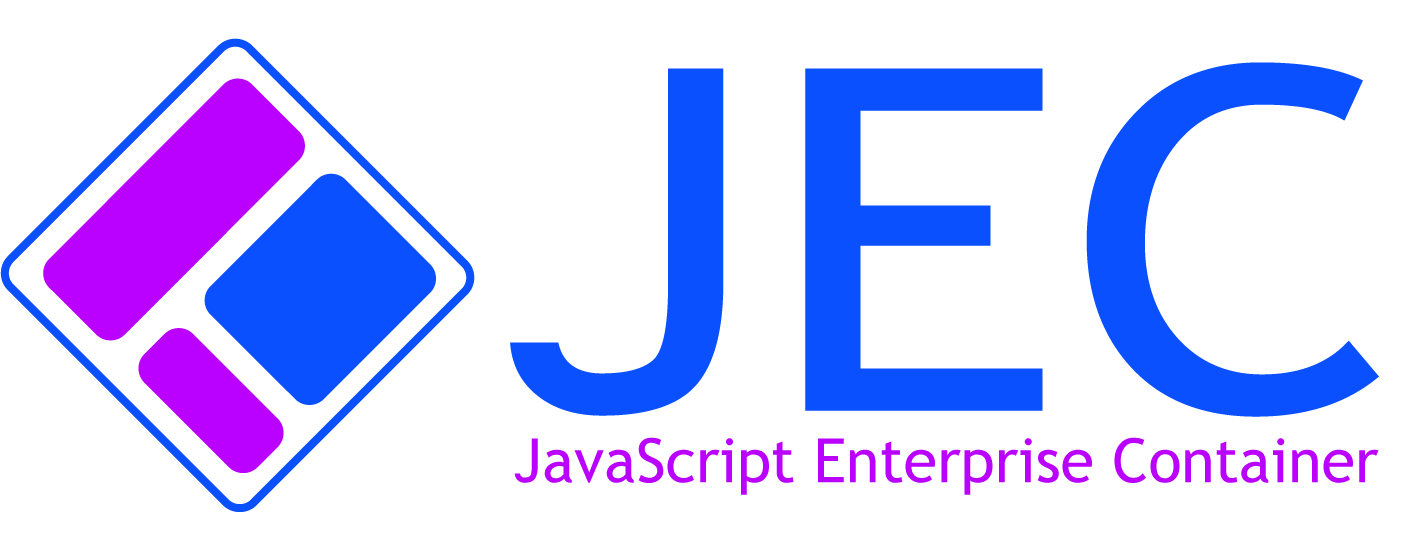glasscat-admin-console v0.0.0
JEC GlassCat Admin Console Project
The Admin Console Project contains the admin console for the GlassCat application server.
Requirements
The JEC GlassCat Admin Console Project needs the following system parameters in order to work correctly:
- Angular 6+
- npm 3+
- TypeScript 2+
Installation
Set up the JEC GlassCat Admin Console module with:
$ npm installAPI Reference
The API Reference documentation is not included into the JEC GlassCat Admin Console module. To build the API reference documentation, use:
$ grunt docDocumentation will be generated in the docs/api-reference repository.
The online version of the API reference documentation will be available soon at the JEC Website.
The documentation generator is TypeDoc
Update Release Notes
Current stable release: 0.0.0
For a complete listing of release notes for all JEC GlassCat Admin Console update releases, see the CHANGELOG file.
License
This JEC GlassCat Admin Console Project is licensed under Apache 2.0. Full license text is available in LICENSE.
Copyright 2016-2018 Pascal ECHEMANN.
Licensed under the Apache License, Version 2.0 (the "License");
you may not use this file except in compliance with the License.
You may obtain a copy of the License at
http://www.apache.org/licenses/LICENSE-2.0
Unless required by applicable law or agreed to in writing, software
distributed under the License is distributed on an "AS IS" BASIS,
WITHOUT WARRANTIES OR CONDITIONS OF ANY KIND, either express or implied.
See the License for the specific language governing permissions and
limitations under the License.Console
This project was generated with Angular CLI version 6.0.8.
Development server
Run ng serve for a dev server. Navigate to http://localhost:4200/. The app will automatically reload if you change any of the source files.
Code scaffolding
Run ng generate component component-name to generate a new component. You can also use ng generate directive|pipe|service|class|guard|interface|enum|module.
Build
Run ng build to build the project. The build artifacts will be stored in the dist/ directory. Use the --prod flag for a production build.
Running unit tests
Run ng test to execute the unit tests via Karma.
Running end-to-end tests
Run ng e2e to execute the end-to-end tests via Protractor.
Further help
To get more help on the Angular CLI use ng help or go check out the Angular CLI README.
7 years ago
